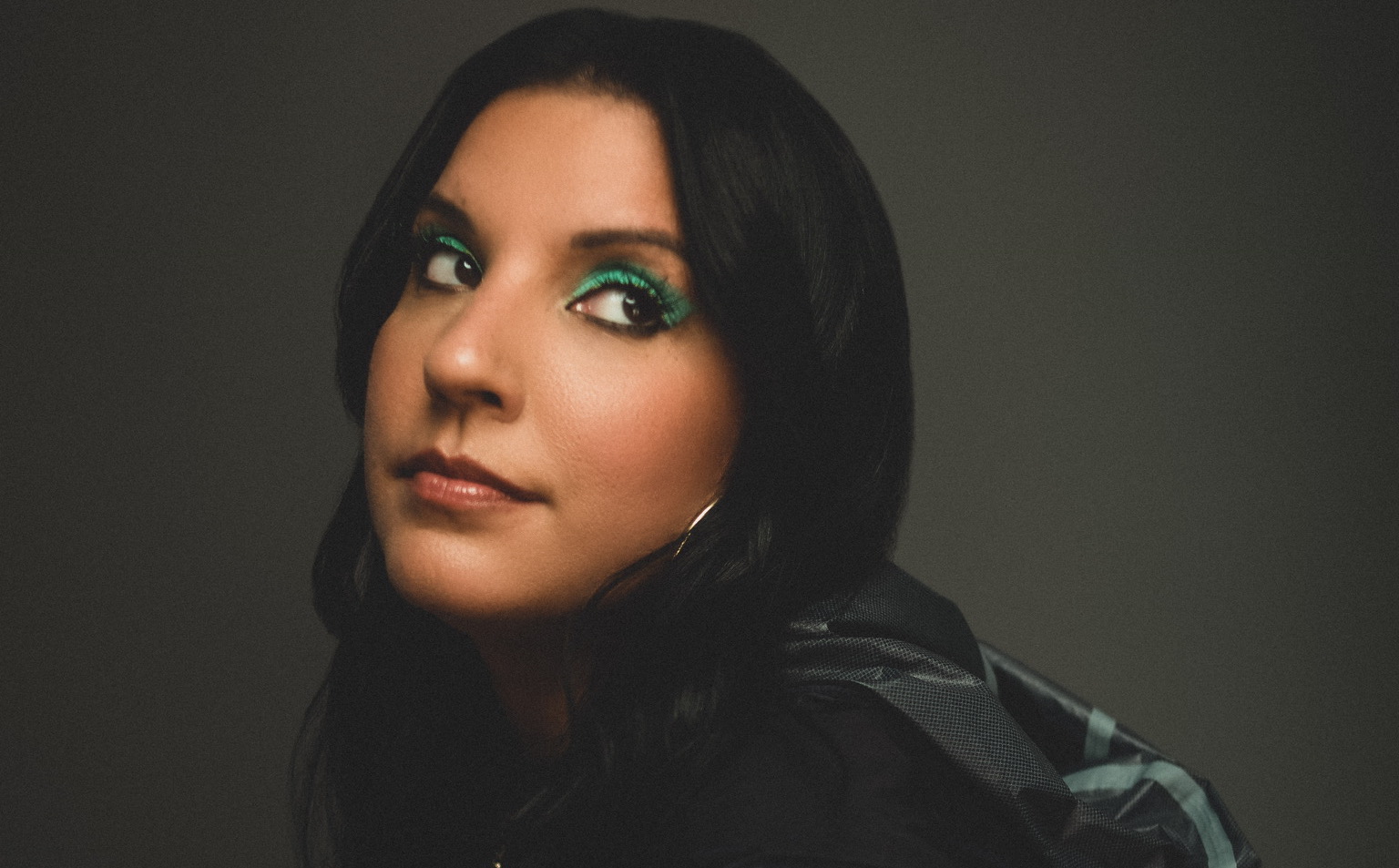Jessica Gentile, better known as Jubilee, is a natural New Yorker, all things considered.
This article appears in AdHoc 29. To get the zine mailed straight to your door, among other goodies, become a member.
Florida—where she grew up—and the Miami rave scene—where she fell in love with dance music—still bleed into her music, which pulsates with the squawks of seagulls and the chaotic vibrations of youth. But for Gentile, whose album Call For Location is out this month via Mixpak Records, no place feels more like home than Manhattan’s East Village, where she lived when she moved to the city in 2003. In this installment of Smells Like New York, Gentile takes us back to a time when the East Village and the Lower East Side were still the place to go if you loved electronic music—and the bars, cafes, and mom-and-pop grocery stores that fostered the area’s uniquely chaotic personality.
As told to Danielle Chelosky
Jessica Gentile: When I first moved to New York, I thought it was the greatest place in the whole world. 15 years later, I’m just angry at it a lot. But I still like to walk around the East Village, which is where I lived when I first got here. I like to return to my old apartment—on 9th Street and 1st Avenue—and the corner store where I used to get random snacks. Some of it is really sad because of gentrification, but I like to revisit the less jaded part of me. When I lived in the East Village, I met a lot of friends who shaped what I’m doing right now. And we hung out a lot around there because there was more going on, dance music-wise, at the time.
There was a club on the Lower East Side called Rothko that used to have a lot of drum & bass parties, and another one called Remote Lounge that had all these cameras. There was a coffee shop on 9th and A, right off Tompkins, called Cafe Pick Me Up, and it’s completely gone now—I think it might be a commercial space. There was also this bar on 5th and B that used to be called Anatomy. Our friend used to bartend there and play rave music, even though everyone probably hated it. Oh, Pyramid Club is a big one. It’s still there.
A lot of the places are gone, but Tompkins [Square] Park is still there, obviously. That little area—in, like, 2004—was my first time getting lost in New York, trying to figure out what the hell was going on with the city. I would walk aimlessly around the neighborhood being like, “Oh my God, this Jewish grocery store is so cool! And so is this old school ice cream spot on Avenue A!” [It really felt like] an oasis.
I have a lot of memories of discovering new music—big parties with drum & bass and electroclash. When I lived in Florida before New York, my interests were not cool interests. I had good friends, but they didn’t really get what I was passionate about, so I had to go to a lot of raves and parties alone. I knew the people in the scene, but they were just club people. I wouldn’t call them on the phone to do anything other than go to a rave.
But in New York, I was meeting people who were quality people who liked the music and were also my friends. A lot of them lived in the same area, and I have memories of being able to walk to everybody’s house and hang out. Lauren Flax lived around me—just people that I’m still friends with today. It’s cool to be able to call somebody and be like, “I’m literally a block away,” and then be out till four in the morning listening to music you love. I had to drive an hour to do that in Florida. I went from having to go on this giant mission alone to do any of that, to New York, [where these places would be] a hundred feet from my door sometimes.
I wasn’t even trying to be a DJ—I was just like, “This is awesome; I like this.” I got invited to DJ because somebody decided that I should. It was very organic. And DJing wasn’t cool! We were on message boards, and that’s how we met. There was no clout. There was no Boiler Room. There were no retweets or followers. It was like, “[A musician] is playing. Who’s going?” and that was it. Everyone paid to get in. It was very different.
You don’t live in New York unless you really want to be there at this point. But it’s turned me into a hard worker and someone who isn’t gonna waste time with anything I don’t want to be doing. It’s made me learn so much about the world, because as diverse as Florida was, it’s still Florida. In New York, [you’re around people] from all different neighborhoods and backgrounds and upbringings. I’ve also worked in retail and in restaurants in New York City, and everybody should have to do that in their life. After that, I feel like I can do anything.
It’s a love-hate relationship. I can’t believe I’m still here, but I haven’t moved yet. I miss a lot of friends that moved to LA. I kind of don’t blame them, but I’m gonna hold off for as long as I can.

